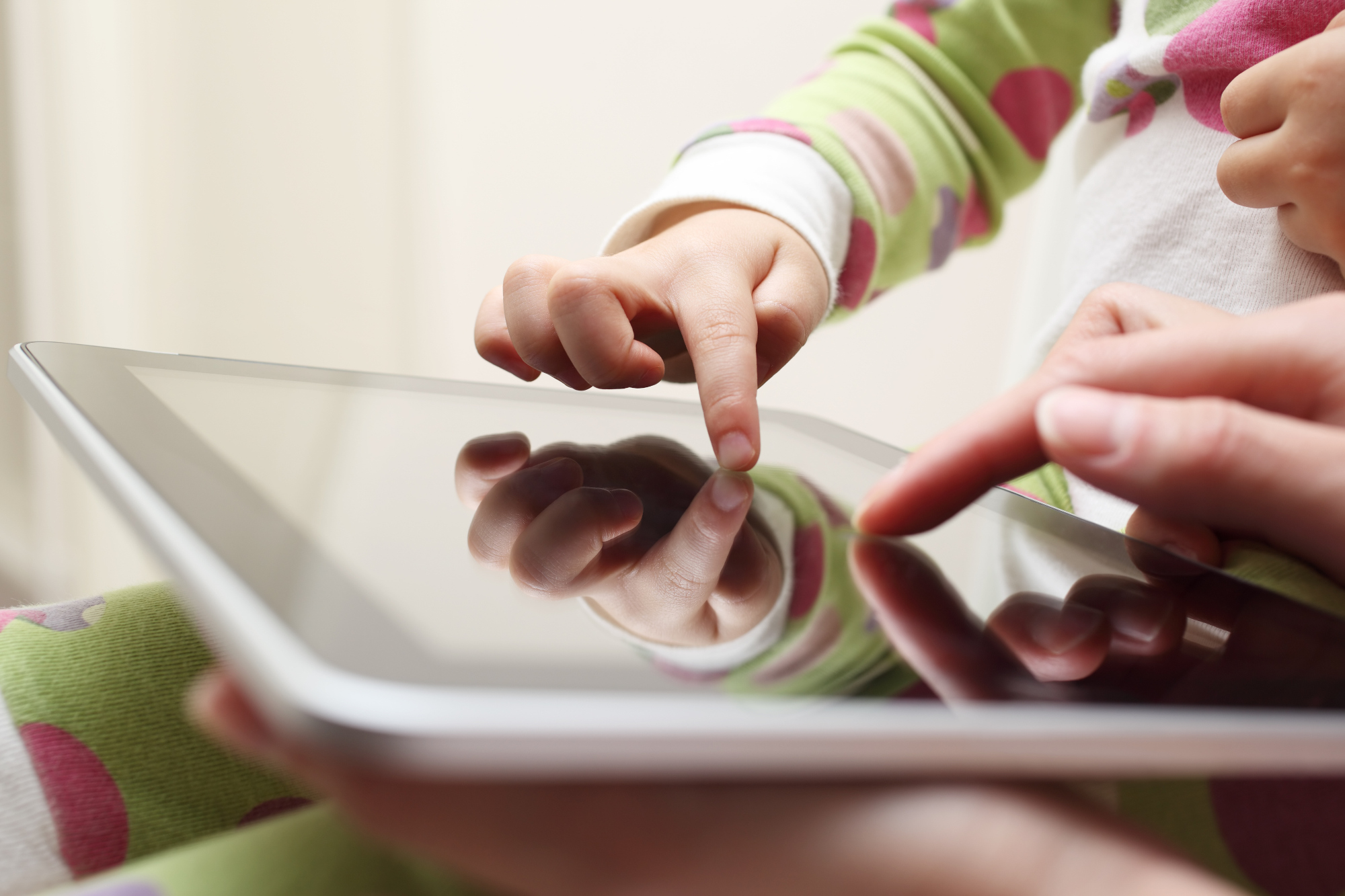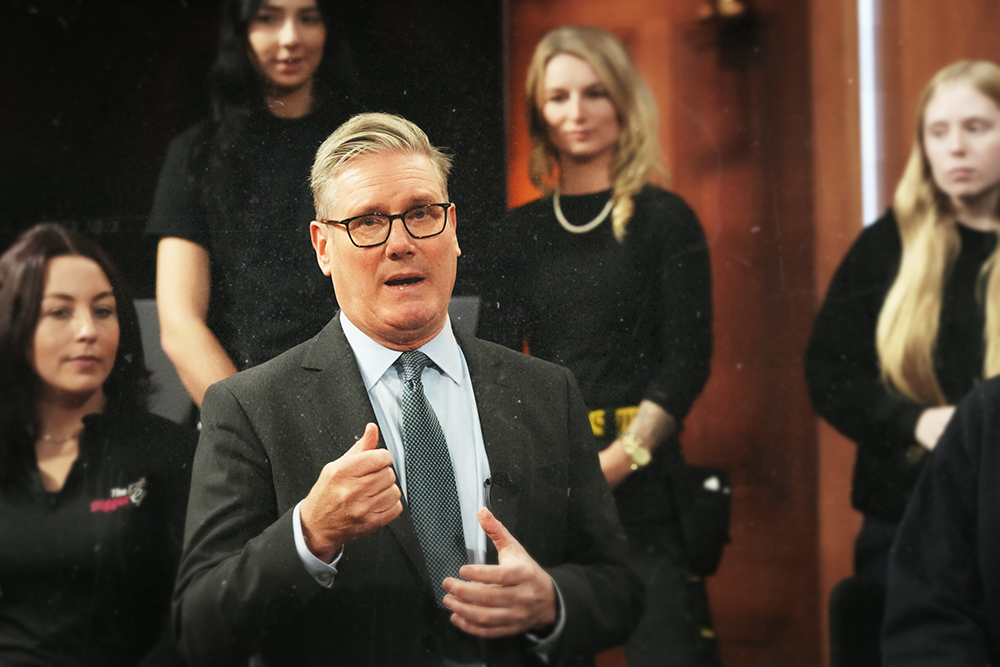The French government is preparing to ban all screen time for children under the age of three. The measure, announced by the Minister of Labour, Health, Solidarity and Families, Catherine Vautrin, will form part of a broader national plan to combat screen use among the very young. Due to be launched in the autumn, the policy will ban tablets, televisions and smartphones in nurseries, hospitals, and other childcare settings, with sanctions for anyone who breaks the rules. The aim, according to the minister, is to change behaviour around early childhood and screen use.
What next? A ban on loud toys? Fines for bedtime past eight o’clock?
‘This is how you change things’, Vautrin told Le Journal du Dimanche. ‘You state a principle, and little by little, it becomes anchored in people’s minds.’
A 2022 study by Inserm, France’s national medical research body, tracked 14,000 children from birth and found that early screen time, particularly before age two, was associated with delayed speech development and reduced socialisation at nursery school. The same children were more likely to show concentration problems later in primary school. Vautrin cites this research to justify the governments agenda. But what’s interesting is that the researchers stopped short of calling for a ban. They pointed instead to the importance of parental interaction and content quality. In other words, common sense.
And there it is. Not content with banning smoking at bus stops and removing outdoor heaters from café terraces, the French state has now decided to parent the parents. And it starts with Teletubbies. The measure may sound harmless, even well intentioned, but it marks yet another step in the Macronist habit of turning private judgement into public regulation.
Nobody disputes that toddlers don’t benefit from screen time. The NHS in Britain advises parents to avoid it entirely before age two. But in Britain, such advice remains just that: advice. Ofsted does not bar nurseries from showing a short film or using a digital device if it’s part of a wider educational context. The state leaves space for discretion.
France will not. Vautrin’s move echoes the earlier French ban on outdoor smoking, not because enforcement is practical, but because stating a principle is seen as a way of reshaping society. The technique is always the same. Issue a prohibition, turn it into a campaign, publish guidelines, introduce fines, and wait for the culture to shift. Screens today, sugar tomorrow, and after that who knows.
It’s this compulsive reflex to legislate behaviour that reveals the French state’s underlying philosophy. Trust is not part of the equation. Citizens, even parents, are not to be guided or encouraged, but managed. And if we push back, we’re branded irresponsible or worse.
The irony is that a government that cannot staff its own schools properly now wants to police what toddlers watch in a hospital waiting room. French nurseries, already under pressure, will now be expected to enforce rules that have little to do with care, and everything to do with performance. The spectacle of state virtue.
By contrast, the UK’s approach is more relaxed and arguably more effective. The NHS’s guidance on screen use is based on moderation and common sense. The Royal College of Paediatrics and Child Health explicitly declined to set arbitrary limits for parents, saying what matters most is context, content and family interaction. British ministers assume most parents are capable of knowing that ten episodes of Teletubbies in a row probably isn’t ideal. They don’t necessarily reach for the statute book to enforce what can be solved with a bit of judgement.
Of course there’ll always be parents who overdo it, who hand over a screen too often or for too long. But why impose rules on everyone else? There are times when giving a child an iPad makes perfect sense. In a waiting room. On a flight. We’ve all done it. The problem is not the occasional screen. It’s turning rare indulgence into routine. And that is something most parents are perfectly capable of managing.
But Macron’s France is different. Every issue, however small, becomes a matter for the state. And every household, a target for reform. Behind the screen ban is something bigger. The idea that family life must be shaped, top down, in accordance with the latest official theory on wellbeing, risk and social cohesion. One can only imagine what is next. A ban on loud toys? Fines for bedtime past eight o’clock?
The real risk is that even reasonable advice becomes politicised. What might have worked as a gentle public health message will now land as another round of social engineering. And those who resist will not be engaged, but blamed.
I don’t need the government standing over my shoulder while I raise my child. Children belong to their parents, not to the state.
Good parents already know that too much screen time isn’t healthy. They do not need a government minister telling them what to do. What they need, what everyone needs, is a government willing to trust them. It’s not the screen ban itself that is the problem. It’s the belief behind it, the idea that the state always knows better. That’s what needs to be switched off.









Comments